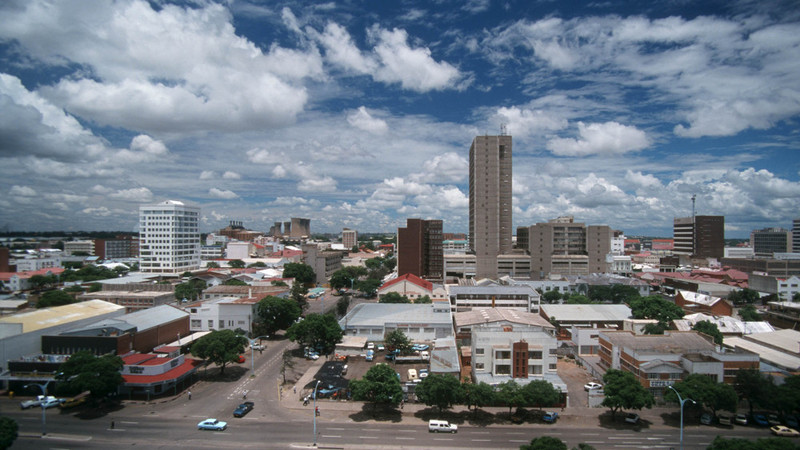BULAWAYO residents have expressed mixed feelings over the new Covid-19 lockdown measures which saw President Emmerson Mnangagwa move the country to a tougher level 4 on Tuesday.
Under the new lockdown measures, businesses are now expected to operate from 8 am and close at 3.30 pm with intercity movement being prohibited, except for production and distribution of food and medicine.
Commercial transport remains operational to allow the economy to continue to run, but under strict observance of Covid-19 protocols with the industry being directed to decongest workplaces to 40 percent of manning levels
The curfew hours run from 6.30 pm-6 am while those deported back to Zimbabwe will be subjected to self-quarantine, or be quarantined in identified places.
“Covid-19 has given itself a permanent residence status in our societies,” said Mkhululi Tshuma.
“It is thus important that whatever measures we take, address the pandemic while leaving our socio-economic fibre intact. Government measures seem to throw away the baby together with the dirty water. This is a problem that arises because the current government is allergic to consultation. It says the voice of the people is the voice of God yet it doesn’t consult that voice.”
He said it was unfortunate that the government continues to make unilateral decisions and as a result, people are no longer treated as stakeholders in the fight against the pandemic.
“This top-down approach is thus detrimental to the fight against the disease. It leaves many loopholes that could have been avoided,” Tshuma told CITE.
He said the new lockdown measures will not go a long way in arresting the disease because of the lack of socio-economic safety nets.
“Zimbabwe is driven by the informal sector,” he said.
“Intercity travel is an integral part of the informal sector and as such people are plotting how best they can circumvent the processes hindering intercity travel which was introduced as part of the measures for example. Right now thousands of Kombi owners are bitter with the government as it shut down their businesses under the guise of fighting the pandemic but later it became clear that the ban on Kombis was just political.”
He further said: “The problem with a disgruntled public is that it will fight every measure introduced by the current government regardless of the benefits. This is simply because many people don’t trust the government. All this could have been resolved if the government consulted the people.”
Tshuma said it was important for the government to bridge the gap between itself and the people by learning to invest in dialogue.
“Even the desired increase in the number of people getting inoculated will be addressed here,” elaborated Tshuma.
“People will start seeing themselves as stakeholders in the fight against the pandemic. Moreover there is also a need to strengthen measures on sanitising and decongestion in all workstations and businesses. There should be periodic inspections on the quality of sanitizers used to ensure that they subscribe to WHO protocols. Only then will we start seeing fruit in the fight against the pandemic.”
Vusumuzi Chirwa believes the third wave can be largely controlled through strict adherence to Covid-19 protocols like masking up, regular washing of hands and social distancing.
He said the new measures will not do much to address the threat posed by the pandemic.
“These measures won’t address the challenge of Covid-19 as those going to work use public transport where there is no social distancing but social congestion so to speak,” he said.
“In the buses passengers sit shoulder to shoulder and that’s where transmissions take place mostly. The buses are not fumigated prior to their departure or after arrival.”
He added: “And cutting business hours down doesn’t reduce transmissions at workplaces, three hours, three hours and even one hour cannot curtail the coronavirus at workplaces. It’s either we close totally or open totally while adhering to covid19 protocols.
Sipho Nyoni, another Bulawayo resident, said the collapse of the health system in the country was making it difficult for the government to effectively control the pandemic, adding the new lockdown measures would affect people’s livelihoods.
“Obviously these measures will economically affect livelihoods but such is the time and the world we now live in, such that arguing against these measures is akin to a dog barking at a moving elephant,” he said.
He added that it was important for the vaccination programme to be aggressively promoted.
“I think the ongoing vaccination drive has seen quite an impressive uptake and the government as well as the people of Zimbabwe should be commended for this,” said Nyoni.
“The truth is Zimbabwe and Africa as a whole hasn’t really seen the worst of this disease, thanks be to God, so we can only vaccinate, social distance sanitise and leave the rest to God.”

